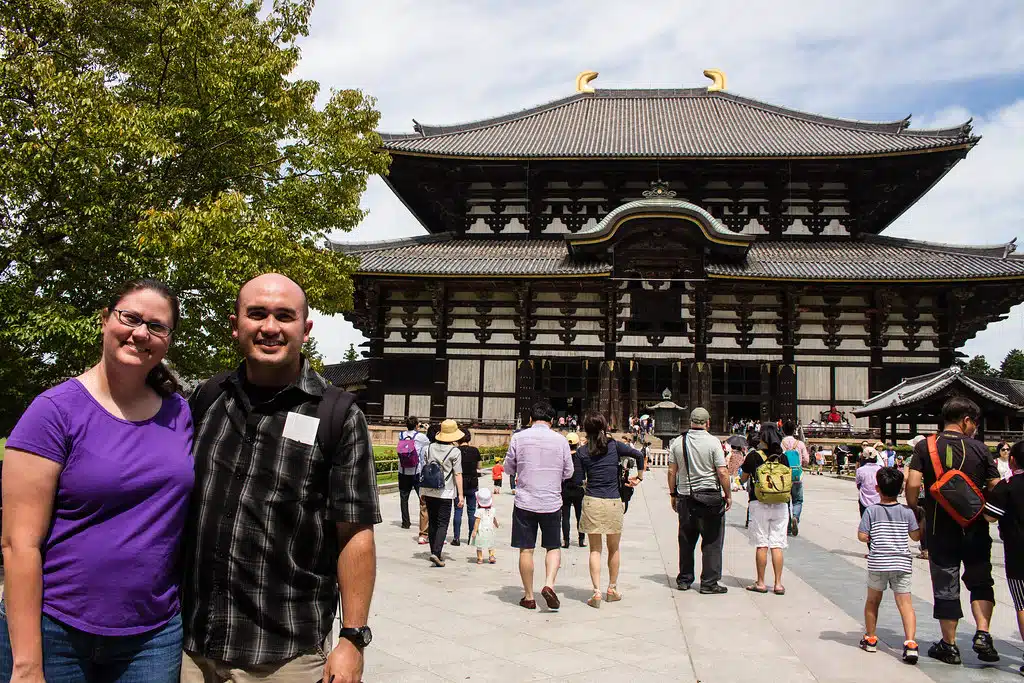Posted inQuestion about Japan
Why do Japanese sleep less?
This article examines why Japanese people are sleeping less than the average person, and the various factors that contribute to this issue. These factors include historical and cultural norms, technology, workplace culture, and more. It also discusses the potential health concerns related to lack of sleep in Japan and provides solutions to improve Japanese sleep habits. The solutions proposed include implementing flexible work schedules to allow employees to take regular breaks throughout the day, creating designated "power napping" areas for workers, and educating the public about the importance of adequate amounts of restful sleep.



